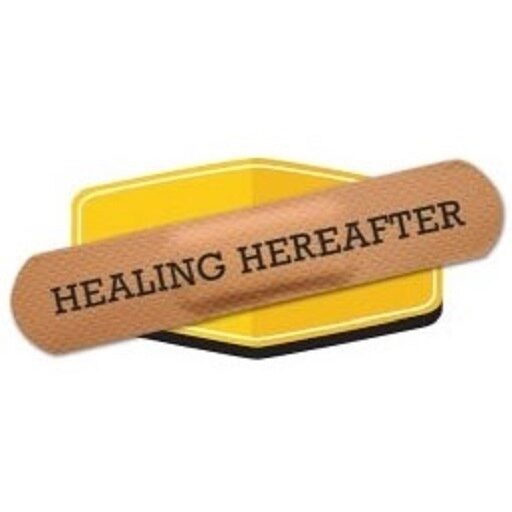Healing Hereafter
Sample chapter & chapter summaryBelow are both an example of the primary questions a chapter of Healing Hereafter might address (taken from the book’s Contents section) and an abbreviated version of the answers you would find (taken from the “quick-read” version of the book in Appendix B). To peruse the much more complete answers and discussion in the main text, check out sample Chapter 5. To look at all of the major questions covered in Healing Hereafter, peruse the Table of Contents.
Chapter 5 Questions
What is God’s purpose for humans, why did he create us with free will and the ability to exist forever, and why are humans able to reject this purpose?
What exactly is sin, why must it be punished and have consequences, and why are these consequences suffering, death, and hell?
Chapter 5 Answers (from the “quick-read” version of the book in Appendix B)
We now ask why God would create humans to live forever and why he would give them free wills. We learn that the Bible’s clear answer is to make it possible for God to accomplish his primary purpose for humans: to seek him and find eternal, perfect community with him. As would make sense, this purpose flows directly from the unchanging set of ideals that comprise God’s nature and primarily determines how he sets up the hereafter that is described in the Bible.
Our purpose of fully engaging in intimacy with God and his perfect nature forever cannot be achieved unless we can freely choose this community and exist forever in it, hence our tenaciously original spirits. Consequently, this essential free will must also permit choosing against such community—seeking intimacy with what is not God or his perfect nature. God cannot remove this choice from us without thwarting his purpose for us. The choice to embrace what is not God or his nature—the decision to willingly experience evil—is sin. We discover that not knowing evil versus knowing evil is precisely the choice that God gave the first free-willed humans, and it is also the choice he gives us many times each day. Very often we freely choose to know not God and evil instead of God and good.
Because God’s nature is both just and merciful, we learn that the sentence for our sin is no more than its natural consequence: the knowledge or experience of evil, which cannot be fully understood unless a person dies. For this reason, and so that a human’s pursuit of evil cannot perpetually harm others, sin must result in physical death. This leaves our free-willed imperfect spirits unable to engage in community with God in perfection, so a place without God must exist for them to dwell in: Hell. We discover that Hell is not simply meant for punishment; rather, its purpose is to allow our purpose to be achievable. Hell is primarily a human choice.
© Healing Hereafter. All Rights Reserved.
Privacy Policy.

